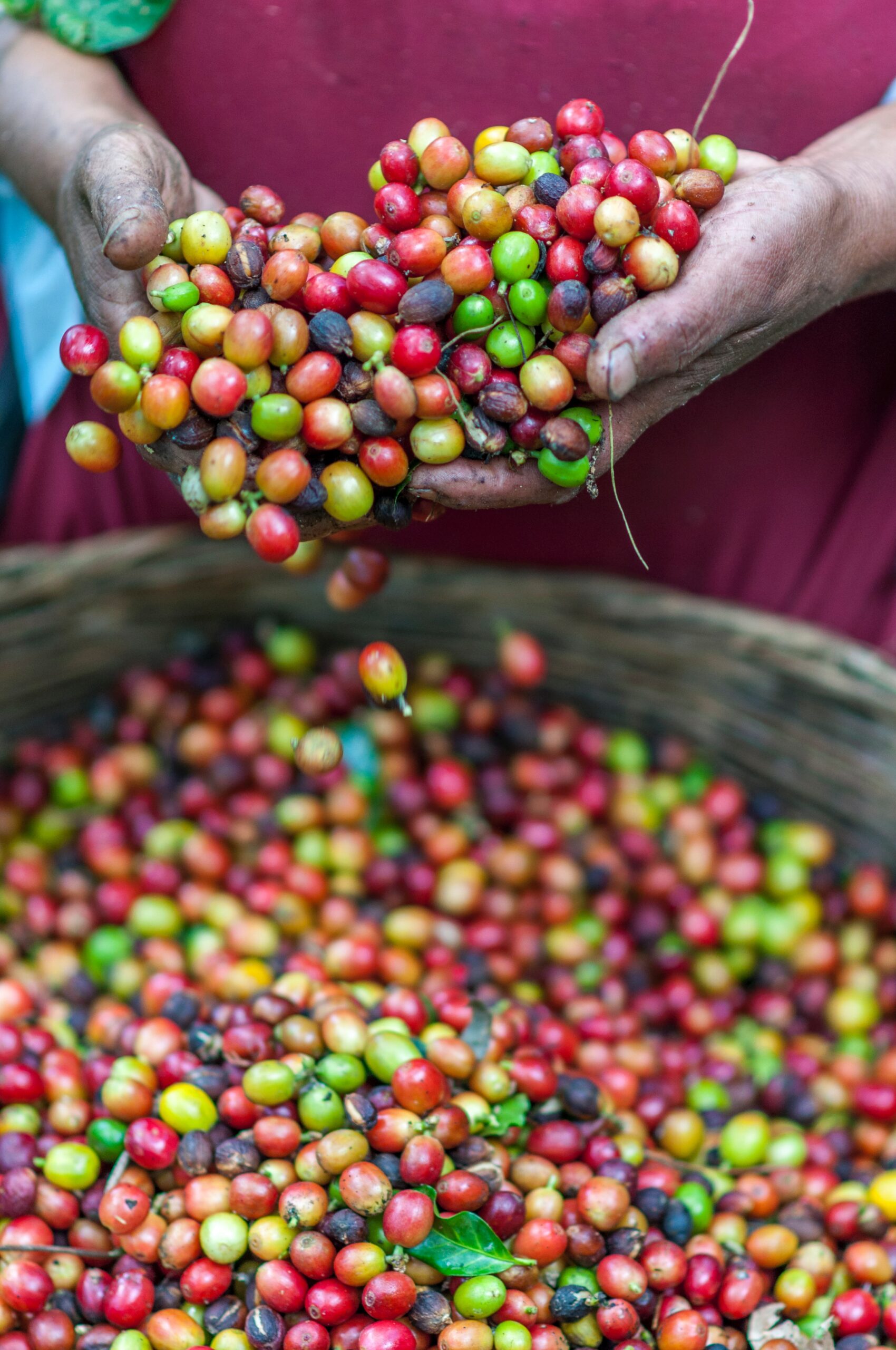Nature Knows Part 3: Well, kinda…
share to:

Nature Knows is a three part series exploring the natural tendencies of animals, and how to use these tendencies to better understand ourselves.

Okay, so I was told to trust my natural instincts. I’m gonna move to the Canadian wilderness, run free with the wolves and live off the land. Berries and elk and lake water is what I’ll eat. Then I’ll FINALLY be practicing Intuitive Eating.
Well, not quite. Metaphors only go so far. My dog ate the birthday cake (that took 4 hours to make, ugh) off the counter when I stepped into the other room to watch my mom open presents. One time, she ate chicken nuggets off the sidewalk. My other dog ate a mystery item that might’ve been poop, might’ve been a cigar- I don’t want to know. My hamster didn’t eat half of the things in his food mix, and his hair fell out from nutrient deficiencies. My cat has a certain taste for carpet.*
*all animals are under the care of a vet. The mystery item caused no problems, the hamster food has been supplemented, and the carpet taped down.
Intuitive eating relies on decision making. It assumes that your reasoning is unscathed and in control of your decisions, and that you have the unaltered capability to adjust and cope with change. In short, you need your prefrontal cortex to be working in calibration with the rest of your body. This is the unique part of the brain that sets humans apart from others in the animal kingdom. It’s where we determine the consequences to our actions, plan for the future, and make decisions based on prior knowledge. It doesn’t complete development until well into adulthood- which is why you have to be 25 years old to rent a car!
Here’s a quick video that explains the Prefrontal Cortex:
Intuitive eating means listening to your instincts with respect to your reasoning.
If your instincts (body cues) and/or your reasoning is uncalibrated, it throws your intuition out of whack. This is especially important for those of us who have disrupted relationships with food- eating disorders, disordered eating, and body image concerns. Someone who restricts food to cope with emotions cannot (yet) be a complete intuitive eater, as their needs for food are overruled by a need to cope. A person who once choked on chips and now avoids crunchy foods needs to lean into their discomfort around food, whereas someone without a dysregulation might be told it’s okay to ignore crunchy foods if you don’t enjoy them. Your Intuitive Eater, like all other parts of our psyche, can be damaged. It takes work to heal it.
Intuitive Eating means doing the work it takes to listen to yourself, even if that looks like listening to a therapist and dietitian while you heal.

If the goal of treatment is to strengthen your intuitive eating skills, why on earth would you follow someone else’s guidance? Unlike instagram ‘healers’ and that facebook mom who promotes some wonky diet, we have years of education, supervision, and training. We are there to see past what the eating disorder screams at you to eat or not eat. A dietitian in eating disorder recovery serves the role of being your “surrogate” intuitive eater. Just like the veterinarian told me to tape down the carpet so my cat doesn’t eat it, we’re here to see what’s pulled up, and tape it back down. We can let you know if the mystery item is poisonous, or just kinda icky. Sometimes, humans need guidance for their urges, just like my dog did when she had the urge to eat street chicken.